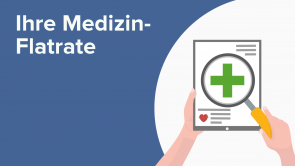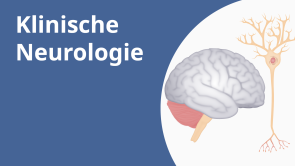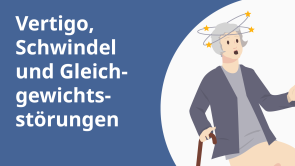Synkope: Definition, Ätiologie und Ursachen

Über den Vortrag
Der Vortrag „Synkope: Definition, Ätiologie und Ursachen“ von Roy Strowd, MD ist Bestandteil des Kurses „Vertigo, Schwindel und Gleichgewichtsstörungen“.
Quiz zum Vortrag
Which statement is the most accurate with regard to syncope?
- Syncope can be an indicator of a more dangerous condition.
- The underlying cause of syncope does not dictate treatment options.
- Invasive testing is the only method of determining the cause of syncope.
- Only one category of syncope results in decreased cerebral perfusion.
- The underlying cause of syncope is always related to the heart.
Which statement is the most accurate with respect to the pathophysiology of syncope?
- The heart, vessels, and neural system can all cause decreased cerebral perfusion.
- Syncope usually has a prolonged buildup and most patients experience an aura.
- Imaging studies are rarely recommended for the workup of syncope.
- Only two of the three types of syncope cause decreased cerebral perfusion.
- Increased blood flow to the reticular activating system induces sleep.
Which statement is the most accurate?
- QT prolongation can present as presyncope.
- There are no treatments for cardiogenic syncope.
- Holter monitors are diagnostic for neurally mediated syncope.
- Carotid stenosis is a cause of cardiogenic syncope.
- Ultrasound of the carotid artery can reveal neurally mediated syncope.
Diese Kurse könnten Sie interessieren
Kundenrezensionen
5,0 von 5 Sternen
| 5 Sterne |
|
5 |
| 4 Sterne |
|
0 |
| 3 Sterne |
|
0 |
| 2 Sterne |
|
0 |
| 1 Stern |
|
0 |






